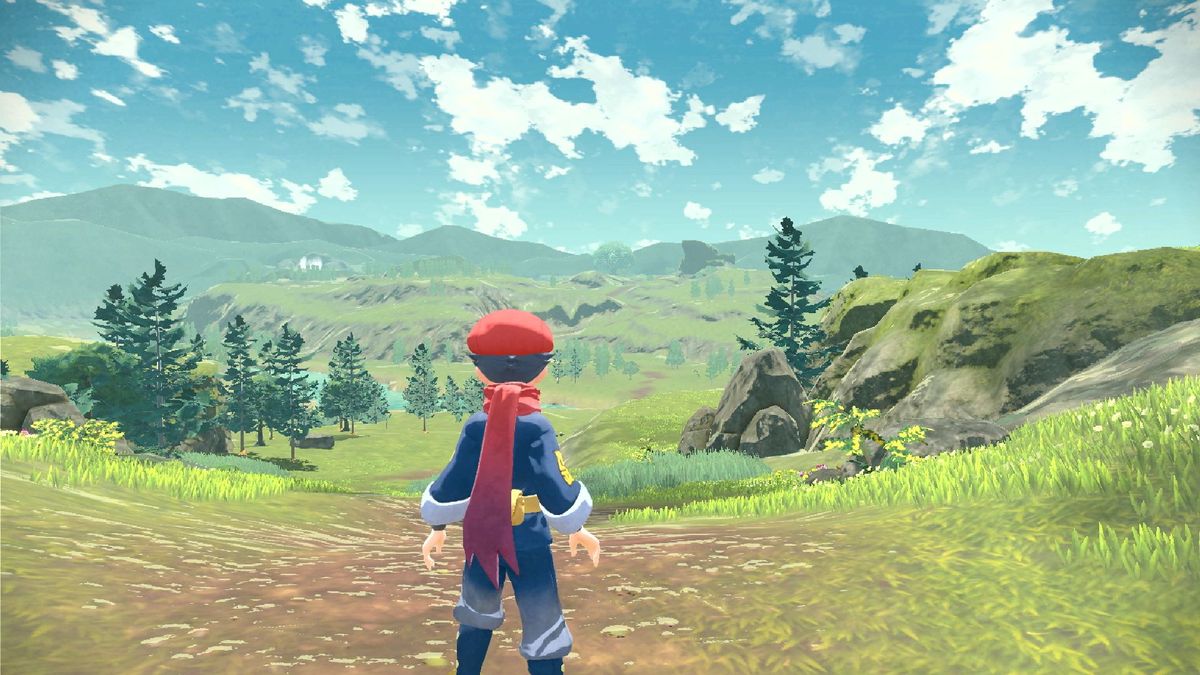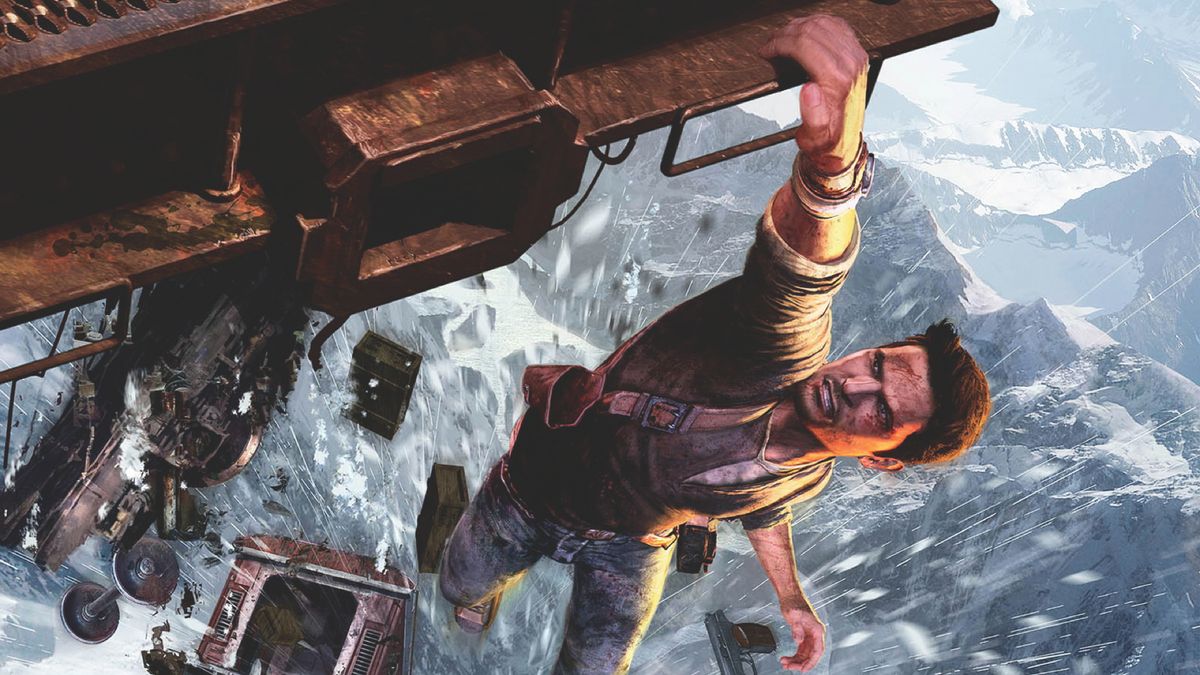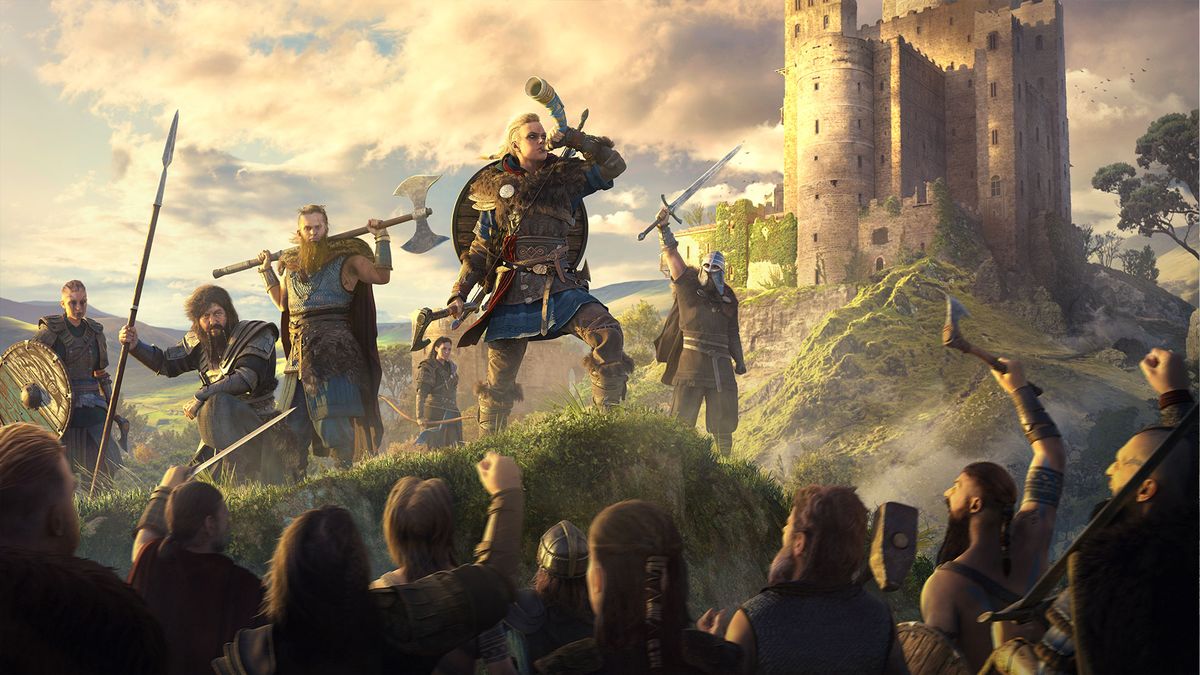The skull-crushing depth of Crusader Kings II initially threw us off when we spied it at E3. RTS fans who have grown fat (metaphorically) and lazy off of strategy games like StarCraft II will, likewise, be thrown off. To put it in the simplest terms possible, Crusader Kings II is based in medieval Europe and it focuses on not just open warfare, but on all of the behind-the-scenes stuff as well. For instance, our demo had us playing as William the Conqueror and aside from having to wipe out a couple Pagan tribes, we were tasked with finding a wife, siring an heir and making good with the Pope.
These initial moments of deceptive simplicity quickly gave way to a hurricane of problems. Our wife turned out to be a close cousin and gave birth to inbred twins who quickly began vying for our crown, the Pope got pissed at us for committing incest and some long lost bastard child we’d apparently fathered in our younger years came out of nowhere and demanded his royal birthright. At this point, we named the bastard as our rightful heir only to piss off our cousin-wife, who then began plotting with neighboring enemies to usurp us and place the inbred idiot-twins in power.
If this is all starting to sound a little convoluted…well, that’s because it is. But the game pulls off this snowball effect of choice and consequence in an incredibly intriguing way. There are no strict winning conditions for a game. Instead, you’re tasked with gaining as much prestige as possible with your chosen royal dynasty. Players can vie to play as anyone from a Pagan tribe leader to a French king. Likewise, it is up to players to keep their line of succession going by siring heirs.

The game plays kind of like a turn-based RPG with a giant world board depicting the geography and political affiliations of all the surrounding terrain, but everything takes place in real time. Every province on the board has a church, which holds a bishop. If these bishops like you, you’ll end up getting tidy sums of money to raise your armies, enforce laws, lead wars, etc. All of these actions are accomplished through a system of text-based menu screens that seem to go on into infinity.
Combat plays out as a numbers game as opposed to a real-time battle with actual player involvement. Armies are represented by large soldier avatars moving around the world board and will clash with other soldier avatars if you decide to go to war. A number of factors will determine victory such as: the size of your army, troop morale, quality of your weapons, etc.

The exhibitor for the game pointed out that only two things are constant in any game of Crusader Kings II – the holy crusades (as implied by the title) and Genghis Khan showing up to wreck everybody’s shit with his Mongol armies.
Try as we might, it’s really difficult to describe a game as extensive as Crusader Kings II. It’s massive scope and unapologetic complexity is sure to please the more die-hard PC strategy enthusiasts out there. Look for the game’s release later next year.
Jun 16, 2011
 Game News Video Games Reviews & News
Game News Video Games Reviews & News



